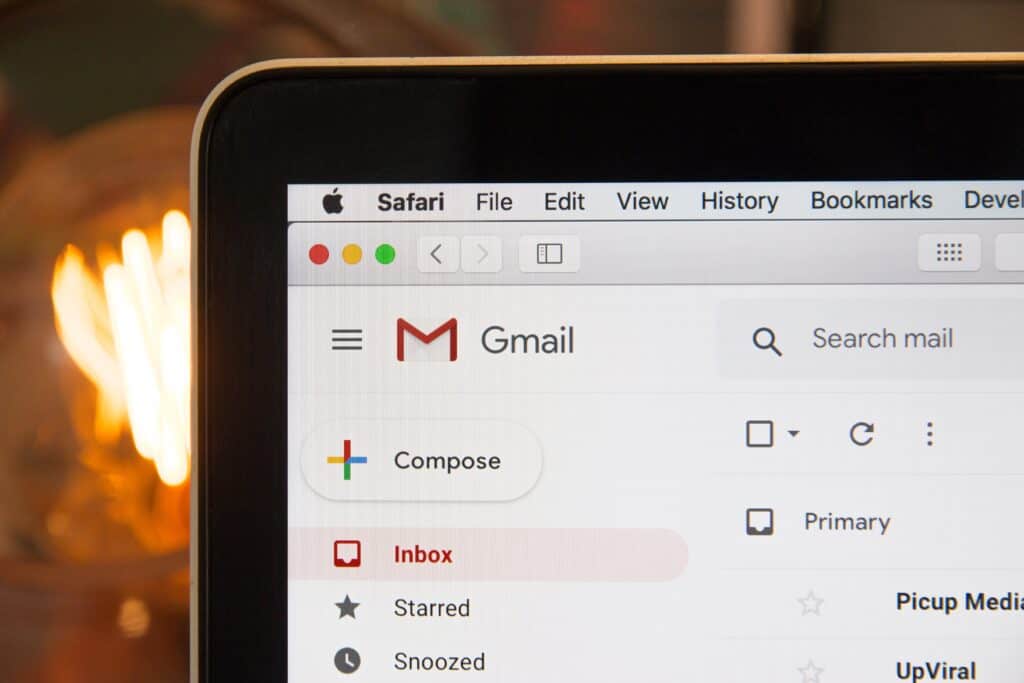The engineering industry is seeing numerous tech advances, and that means cybercrime is only becoming increasingly prevalent.
With smart devices, building information modeling and project management software, cybercriminals can find many points of entry through technology — technology that’s crucial to improving engineering firms’ daily operations.
[Related: 6 Essential IT Solutions for Schools]
Sensitive Data That Engineering Firms Handle
Curious about what’s at risk?
In addition to suffering costly downtime and interruptions in standard operations, engineering firms can be a target for confidential data loss. The engineering industry handles a variety of sensitive information that can be very lucrative for hackers:
- Intellectual property
- Architectural drawings
- Corporate banking accounts
- Proprietary assets
- Employee information
And those are just a few instances of the types of data engineering firms deal with on a daily basis.
Common Ways Hackers Target Engineering Firms
Because engineering firms rely on large amounts of data and complex software to complete projects, as well as handle clients’ personal information, they’re major targets for cybercriminals.
The most common ways that hackers target engineering firms are through ransomware, email fraud and phishing attacks.
Ransomware
Ransomware is the biggest threat to engineering firms, and this might be because of their relatively limited awareness of cybersecurity risks. After all, when you think of engineering firms, the first thing that comes to mind probably isn’t cybersecurity.
Unlike financial institutions, law firms and other tech-heavy industries, engineering and construction firms may not be as focused on protecting their software.
Ransomware attacks can cause supply chain issues or entirely halt work by disrupting essential software and extorting money. This is why it’s so crucial to train your staff to avoid clicking suspicious links or downloading attachments from unknown senders.
Fortunately, hiring a managed IT service provider can help you rest easy — you’ll know you won’t have to worry about independently keeping your data safe.
[Related: Mobile Device Security Checklist for Construction Companies]
Email Fraud
Cybercriminals also use email to commit fraud and access private information. Because of the many third-party vendors and contractors whom engineers work with and the volume of online communication, cybercriminals use email to their advantage. They can simply send emails disguised as legitimate requests for confidential data, invoices or wire transfers.
Phishing
Email fraud also includes phishing attacks.
With phishing, cybercriminals gain access to account information, access keys and other personal data via email, letters, texts or even phone calls. They misrepresent these messages as official correspondence and ask victims to click a link, download an attachment or confirm certain information. If the victim does so, a hacker can fraudulently gain access.
Hiring a managed IT service provider and holding regular staff cybersecurity training can help you prevent cyberattacks like phishing in the engineering industry.
[Related: Cybersecurity Checklist for the Hotel Industry]
Connect With CMIT Solutions of Bellevue
If you run an engineering firm, you shouldn’t stress about any cybersecurity or IT issues. You should be able to focus on serving and retaining clients to grow your business.
At CMIT Solutions of Bellevue, we specialize in providing managed IT services for a variety of industries, including engineering firms. We’ll help you stay on top of your tech needs and make sure all your information — and your clients’ information — stays secure.
Contact us today to get started.
Featured image via Pexels





